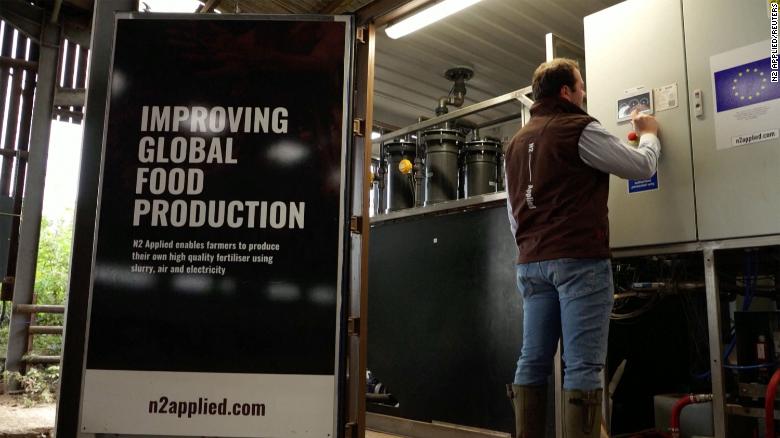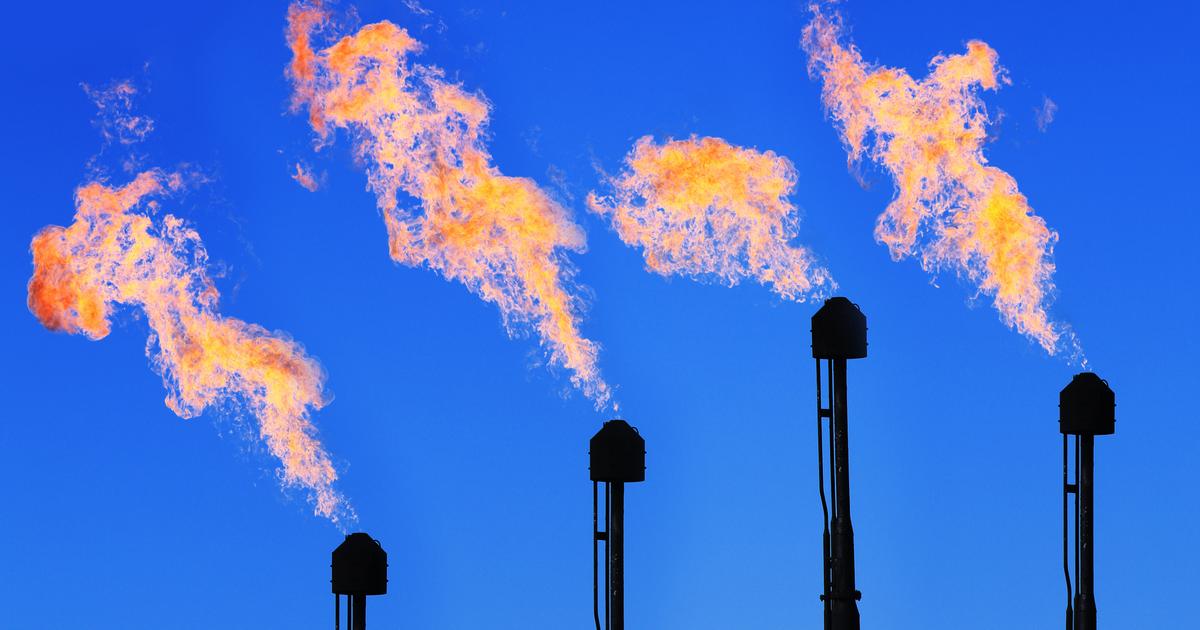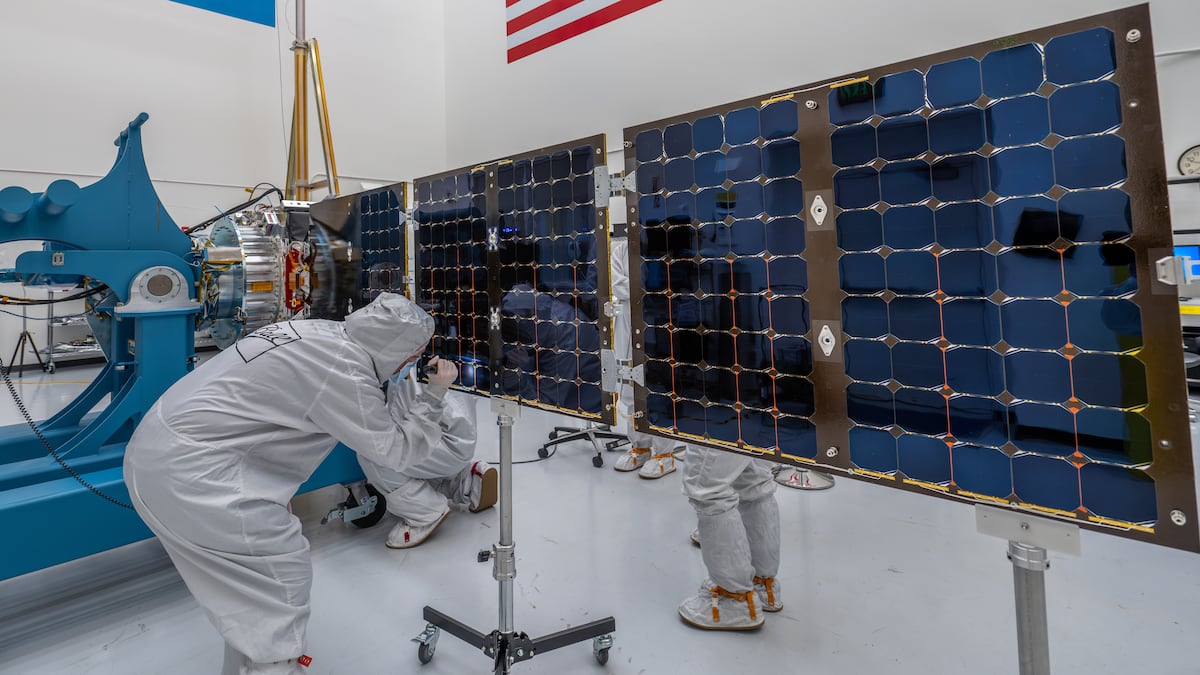Why are cows being toilet trained?
0:51
(Reuters) -
A Norwegian technology company has found a way to stop livestock manure from releasing methane: launch an artificial lightning bolt.
Methane is a powerful greenhouse gas that is emitted through leaking fossil fuel infrastructure, landfills, and livestock.
Oslo-based company N2 Applied is testing its plasma technology at various locations in Europe, including three UK farms.
"We are basically harnessing lightning to remove livestock manure and block harmful emissions," N2's Chris Puttick told Reuters at one of the test farms in Buckinghamshire, England.
In this place, 200 dairy cows provide the raw material: excrement.
Dairy cows on a test farm in Buckinghamshire, England, where Oslo-based company N2 Applied is testing plasma technology to avoid methane emissions.
A manure rake collects all the manure from the barn floor and deposits it in a pit where it is transferred to the N2 machine, housed in a standard size shipping container.
Nitrogen from the air and a blast from a 50-kilowatt plasma torch pass through the manure, "locking in" the methane and ammonia emissions.
advertising
"When we add nitrogen from the air to the manure, it changes the environment to stop the generation of methane, basically. So the pH drops below six and we detect it earlier. This stops the breakdown of the methane microbes that release the gas into the air, "explains Puttick, who adds that its patented technology is one of a kind.
What comes out of the machine is an odorless brown liquid, called NEO, a nitrogen-enriched organic fertilizer.
According to N2, its NEO has twice the nitrogen content of normal nitrogen fertilizer, one of the most widely used fertilizers to increase the production of corn, canola and other crops.
This supplement can reduce methane from cow gases and generate income for farmers
Puttick said independent tests showed that its technology reduces methane emissions from manure by 99%.
It also reduces ammonia emissions by 95%, described by the European Union as one of the main sources of air pollution harmful to health.
On a 200-cow dairy farm, this equates to "a reduction of 199 tonnes of carbon equivalent per year from a single machine," Puttick said, adding that they are now trying to extend the technology to the entire UK livestock sector, and who recently installed her on a pig farm.
The N2 Applied Farm in Buckinghamshire, England.
A commercial model of the device, modular and "stackable", is scheduled to go on sale in June 2022 so that larger farms can add units to cope with their manure quantity.
The exact price has not been announced yet, but Puttick said the capital investment for a farm will be similar to that of a mid-size tractor.
N2 Applied has received more than 17 million euros (about US $ 19.2 million) in funding from the European Union's Horizon 2020 research and innovation program.
The Global Commitment on Methane, launched at the Glasgow COP26 summit in November, committed to reducing methane by 30% by 2030.
COP26: A promise on methane, China speaks out and vulnerable countries call for help
Methane has a greater potential to trap heat than CO2, but it breaks down in the atmosphere more quickly, meaning that a sharp reduction in methane emissions by 2030 could have a rapid impact on slowing global warming.
According to a UN report released in May, a drastic reduction in methane emissions this decade could prevent global warming of nearly 0.3 degrees Celsius by the 2040s.
Cows








